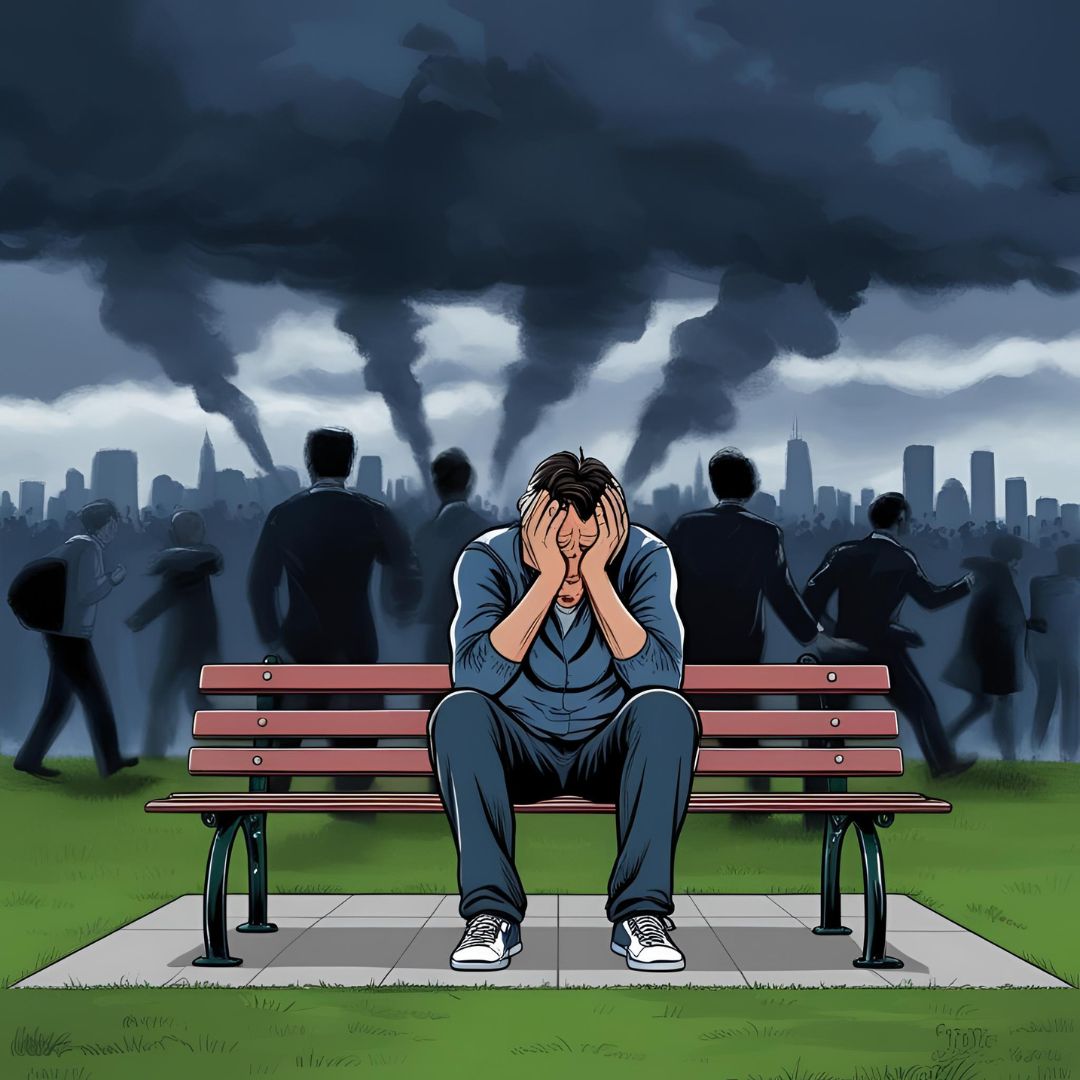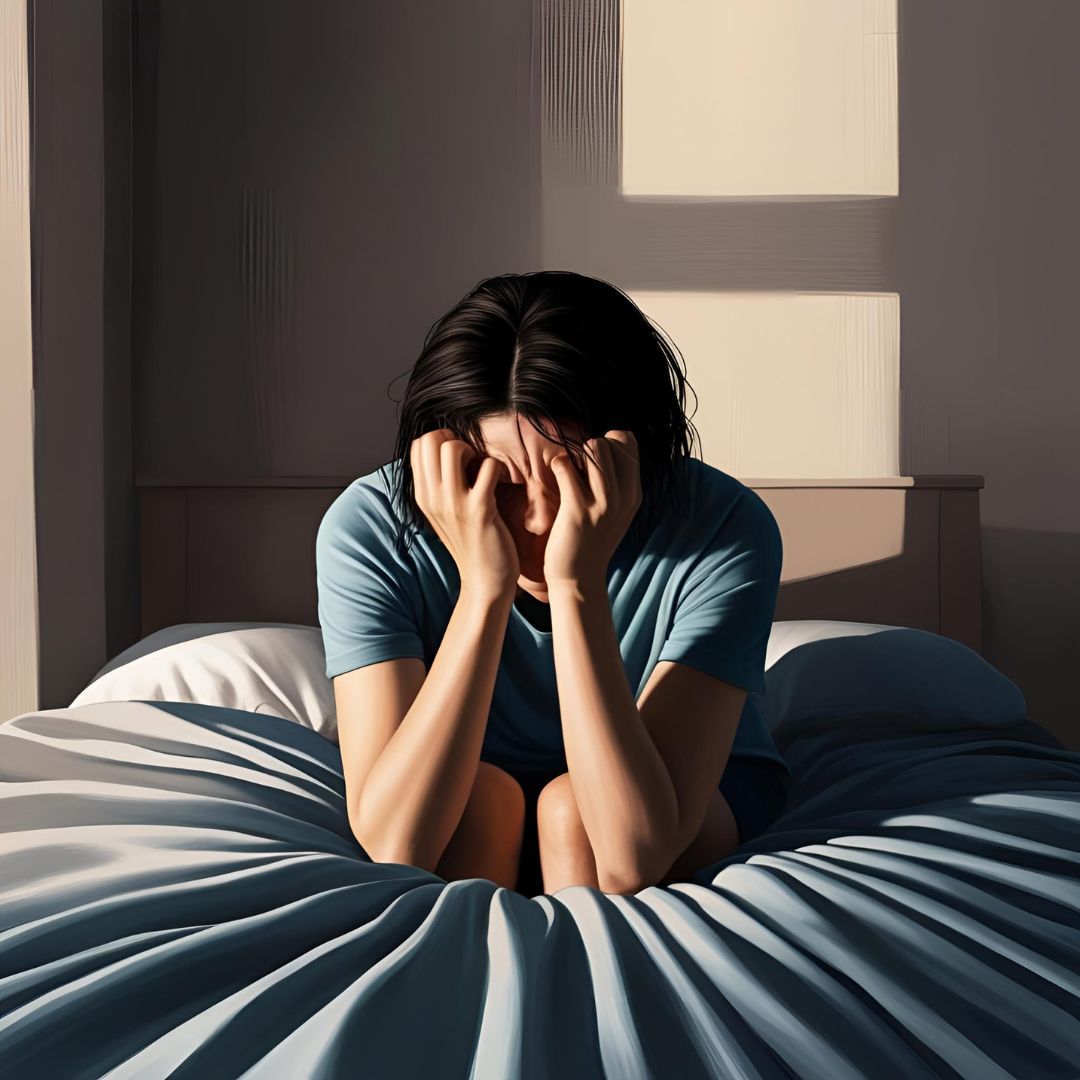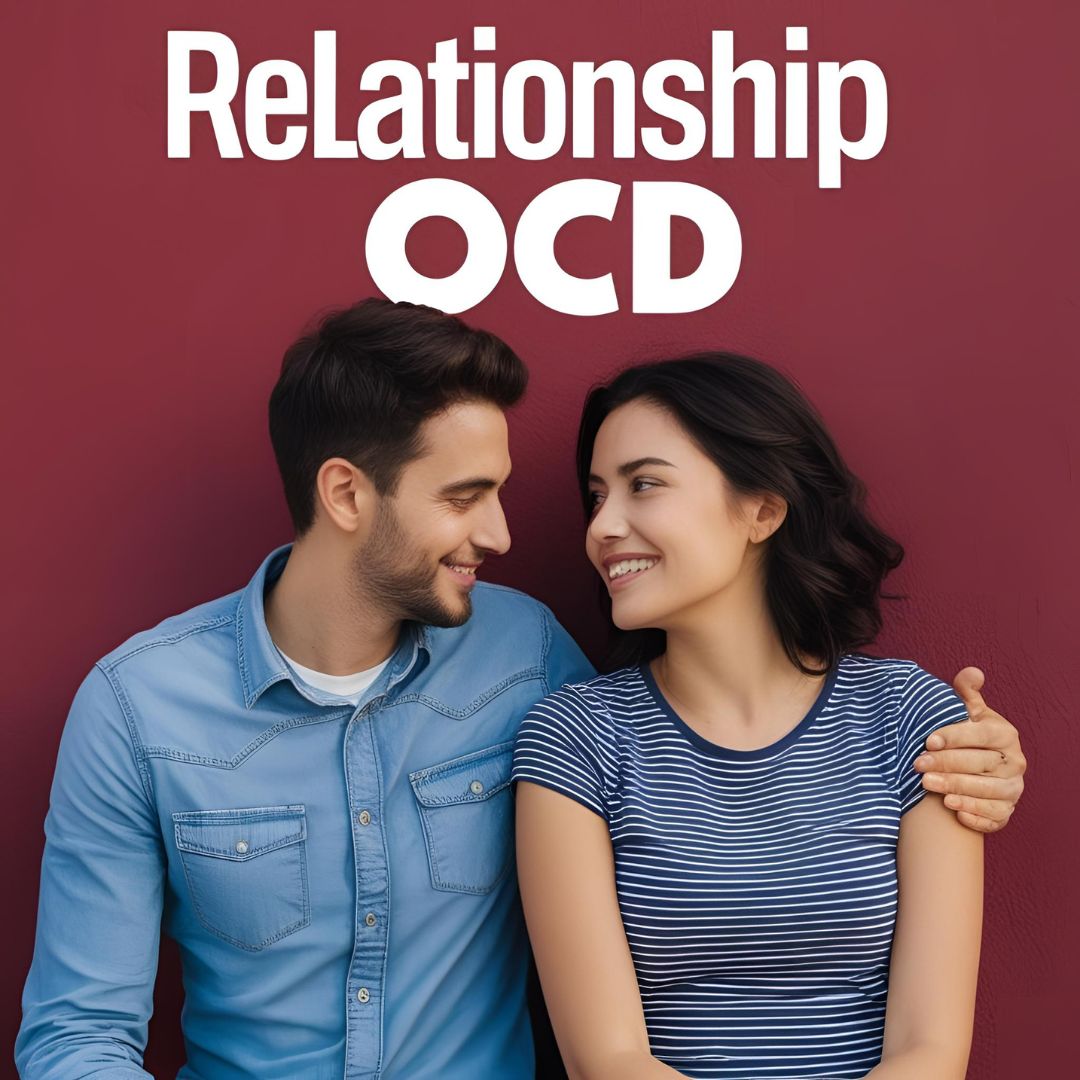LifeHetu
18 Apr 25 08:30 am
OCD vs. Anxiety - What’s the Difference?
In this blog, let us discover the key differences between OCD and anxiety. With real-life examples, and expert therapy insights from India’s best psychologists, you get all the information you need. Start your healing journey now with virtual therapy and online counselling services.

Introduction
“You don’t have OCD just because you like things neat. OCD is not a personality quirk. It’s a mental illness that can be debilitating.”
In the age of Instagram captions and casual mental health references, terms like OCD (obsessive compulsive disorder) and anxiety have found their way into everyday conversations. But while pop culture often blurs the line between them, the reality is more complex and far more serious.
Understanding the difference between OCD and anxiety isn’t just important for people dealing with symptoms. It matters just as much for those exploring psychology, therapists offering support, and caregivers trying to help loved ones heal. At LifeHetu, where our mission is to bring compassionate, professional mental health care online, we often see how clarity leads to healing. And we’re here to guide you through it.
Anxiety: A Common Yet Complex Experience
Anxiety is a natural and necessary response that helps us prepare for challenges. It's what helps you focus before an exam, prepare before a public speech, or stay alert in potentially dangerous situations.
However, anxiety becomes a disorder when it persists, becomes excessive, or disrupts your ability to function in everyday life. According to the study conducted by a Delhi-based The Centre of Healing (TCOH), a preventive healthcare platform, the study noted that stress and anxiety levels have been on the rise with 74 per cent and 88 per cent Indians suffering from stress and anxiety respectively. In India even though awareness of anxiety disorders is on the rise, stigma and misinformation still keep many from seeking help.

Common symptoms of anxiety include:
- Persistent worrying, even without a clear cause
- Overthinking and difficulty controlling thoughts
- Sleep disturbances
- Increased heart rate or rapid breathing
- Muscle tension
- Avoidance of situations that trigger worry
There are several types of anxiety disorders, including:
- Generalized Anxiety Disorder (GAD)
- Panic Disorder
- Social Anxiety Disorder
- Phobias
Each has its own specific triggers and symptoms, but all involve intense, chronic fear or worry.
OCD: More Than Just Quirky Habits
Obsessive-Compulsive Disorder (OCD) is often misunderstood. Many people associate it with being neat or organized, but OCD is far more intense and debilitating.
At its core, OCD involves:
- Obsessions – Intrusive, unwanted, and often distressing thoughts
- Compulsions – Repetitive behaviours or rituals performed to reduce the anxiety caused by those obsessions
Some common examples:
- A person is obsessed with germs (obsession) and washes their hands 30 times a day (compulsion)
- A person fears they might hurt someone by mistake and avoids touching sharp objects (compulsion)
- They repeatedly check if the gas is turned off, even after confirming it several times
OCD tends to interfere with daily functioning, and the compulsions are not pleasurable, they are a way to manage intense distress.
According to a study published in the Journal of Anxiety Disorders, OCD differs from anxiety disorders at the neurological level, affecting distinct areas like the orbitofrontal cortex and basal ganglia, which are involved in decision-making and habit formation.
Anxiety vs. OCD: Key Differences
| Feature | Anxiety | OCD |
|---|---|---|
| Core symptom | Generalized worry and fear | Intrusive thoughts and repetitive rituals |
| Thought patterns | Often based on real-life stressors (e.g., health, finances) | Irrational or disturbing thoughts, often unrelated to real danger |
| Behaviours | Avoidance or reassurance seeking | Compulsive rituals done to neutralize the obsession |
| Triggers | Vague or broad concerns | Specific and well-defined obsessions |
| Coping mechanisms | Distraction, avoidance, therapy | Compulsions, therapy (esp. ERP) |
Real-Life Case Comparison
Let’s take example of the stories of Rohit and Anjali to get a clear case comparison.
Rohit, a 25-year-old law student, couldn’t leave his house without checking the door lock exactly 8 times. He feared his family might be harmed if he didn’t follow this ritual. Even though he logically knew this was irrational, he couldn’t stop. His obsessive thoughts and compulsive behaviour were classic signs of OCD.
Anjali, a 29-year-old marketing executive, felt on edge constantly. She worried about everything—from losing her job to getting sick—despite having no immediate reason. Her worries were persistent, but not attached to compulsions. Therapy revealed she was suffering from Generalized Anxiety Disorder.
Both were struggling. Both needed help. But their treatment approaches were different.
Treatment Differences: Getting the Right Support
Treating anxiety and OCD involves different methods and therapeutic goals.
Anxiety Treatment:
- Cognitive Behavioural Therapy (CBT): Helps individuals challenge and replace irrational fears
- Mindfulness techniques: Reduce overthinking and build emotional regulation
- Medication: SSRIs (Selective Serotonin Reuptake Inhibitors) are often prescribed in severe cases
OCD Treatment:
- Exposure and Response Prevention (ERP): A specific form of CBT where the person is gradually exposed to their obsession and prevented from performing the compulsion
- Medication: Often the same class of SSRIs is used, but in different dosages
- Habit Reversal Training: Used especially in cases involving body-focused repetitive behaviours
A 2020 review in the Harvard Review of Psychiatry emphasized that ERP is the gold standard for OCD treatment, with recovery success significantly improving when combined with CBT and support systems.
The Danger of Self-Diagnosis
In the age of Google and self-help content, many people try to label their own symptoms. While this may be a helpful starting point, it often leads to inaccurate conclusions and delayed recovery.
Some signs that indicate you may be mis-labelling your experience:
- You’re treating compulsions as “just stress-relief habits”
- You believe your intrusive thoughts are part of who you are
- You’re avoiding therapy because “everyone feels like this”
At LifeHetu, our anxiety therapists often meet clients who have spent months or years trying to “fix” themselves, only to find relief once they had the right diagnosis and guidance.
The Indian Context: Why This Matters Now
Mental health in India is at a crucial turning point. According to a 2022 Report by India’s National Mental Health Survey, 1 in 7 Indians suffer from a mental health condition, but a majority never seek help due to stigma or lack of access.
Especially for young adults, professionals, and students navigating high-pressure environments, online counselling services like LifeHetu provide a much-needed bridge to mental wellness.
Whether you live in a Tier 1 city or a remote town, access to India’s best psychologists is now just a click away.
When Should You Seek Help?
If you or someone you know is:
- Avoiding responsibilities due to anxiety or rituals
- Spending excessive time on repetitive behaviours
- Struggling with intrusive or disturbing thoughts
- Feeling overwhelmed by worry or fear
- Unable to explain or control your reactions
…then it’s time to talk to a professional. Early intervention can prevent symptoms from becoming chronic and improve your quality of life.
LifeHetu: Your Safe Space for Healing
Whether you're living with anxiety, OCD, or you're simply unsure what you're going through, the best psychologists in India are here to walk the journey with you.
Our platform offers:
- Access to certified, compassionate psychologists and therapists
- Flexible therapy sessions that fit into your routine
- Complete privacy and confidentiality
- Personalized plans designed for your emotional needs
Through online counselling services, we're redefining how India experiences mental healthcare—making it more human, more reachable, and more empowering.
Final Thoughts
OCD and anxiety are different in cause, structure, and treatment—but both deserve equal care, understanding, and validation.
If you’ve ever felt misunderstood, misdiagnosed, or dismissed—know this: Your feelings are valid. And support is available. Whether you're a therapy seeker, a student of psychology, or a caregiver, recognizing the difference between OCD and anxiety can be the beginning of meaningful, informed support.
At LifeHetu, we’re proud to partner with India’s best psychologists to help people like you find clarity, cope better, and reclaim their peace of mind.
Sources
- National Institute of Mental Health (2023). Any Anxiety Disorder. Retrieved from: https://www.nimh.nih.gov/health/statistics/any-anxiety-disorder
- Abramowitz, J. S., Taylor, S., & McKay, D. (2009). Obsessive-compulsive disorder. Journal of Anxiety Disorders, 23(4), 487–497. Retrieved from: https://www.sciencedirect.com/science/article/abs/pii/S0887618509000673
- India’s National Mental Health Survey (2022). Prevalence of mental morbidity. Retrieved from: National Mental Health Survey
- Indian Express. (2020, December 4). Indians are among the most stressed people in the world: Survey. The Indian Express. https://indianexpress.com/article/lifestyle/health/indians-stress-anxiety-mental-health-study-7101237/

